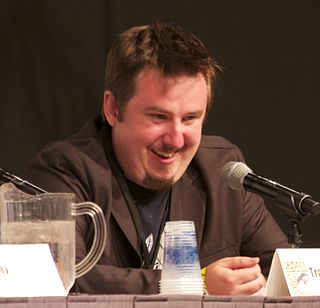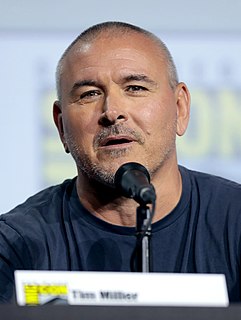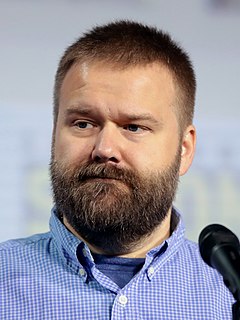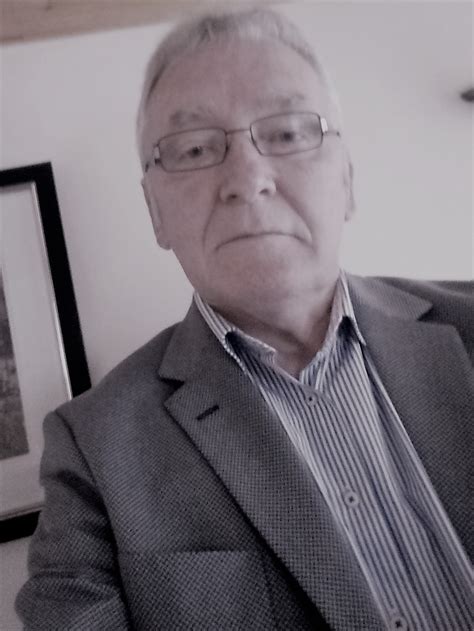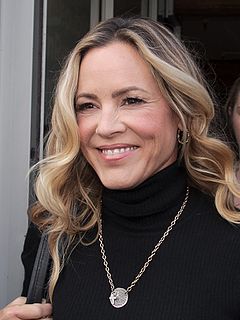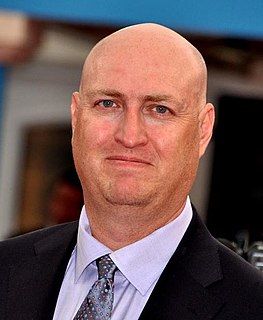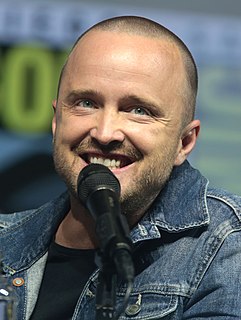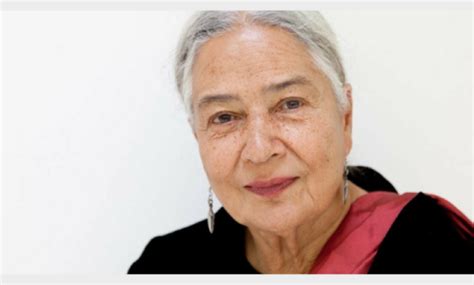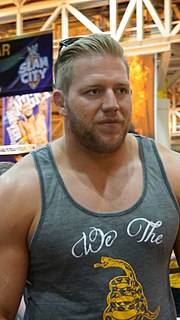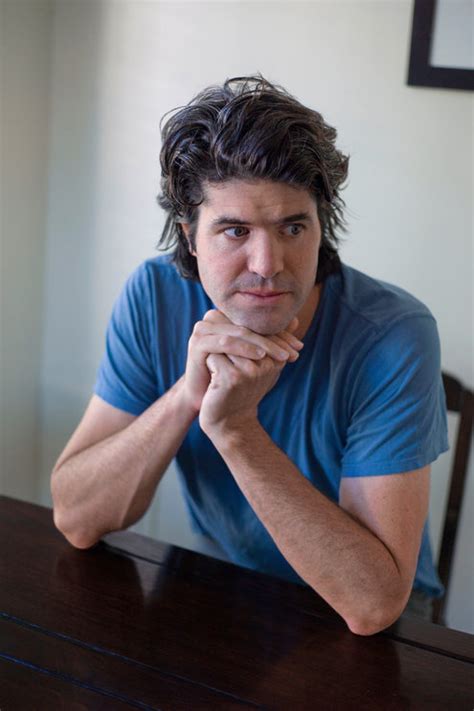A Quote by Travis Beacham
I think, television and comics, what's appealing to me as a writer about both of those mediums is that they allow you to sort of let the story unfold in its own time as opposed to trying to compress it into a two-hour discreet unit of narrative.
Related Quotes
I think that comics and television, as mediums, go hand in hand. Both tell long-form, continuing stories that are parsed out into little chapters and, if are successful, continue for years and years. What that means to me, as a writer, is it tells stories of transformation and evolution as characters.
I believe a good writer can write a good book with any sort of character, in any sort of setting, but I prefer to write about the outsider. It might just be because I've been one (or perceived myself to be one) for so much of my life. But the simple fact of being marginalized immediately brings conflict to a story before the narrative even begins, and that's gold for a writer because it means that your character already has depth before events begin to unfold.
Just the fact that there's motion and sound, took me a long time on Walking Dead to get used to the fact that in television, characters don't have to say things. In comics, people have to say I feel this way, or I want to do this, and you can do so much with gesture and movement and facial expressions that you can do sometimes facial expression stuff in comics, but you can do so more if somebody can move around without actually speaking. That leads to a different style of writing between the two mediums.
I don't really have a method or a technical process. I studied [Sanford] Meisner, and that's the thing that really works for me. That sort of instinctual, in the moment, what the other actors do, working off them and letting the story unfold, as opposed to having an idea of what the story should be.
There are story-room sessions where you think about the big picture, like a novel, but once you have certain things in place, you have to treat each episode like an hour of TV, and think that maybe this will be the only episode that anyone will ever watch. You want to have some sort of beginning, middle, and end to the episode, even if you have storylines that are carrying over. You still want it to feel like a cohesive hour of entertainment. And you can't think about both at the same time.
I think my sensibilities about storytelling and character just automatically come into play when I'm trying to work on any kind of narrative. For me, it doesn't really matter what the source of the narrative is. I will be looking for ways to make it into an intriguing story with empathetic characters.
I just thought someone has to figure out how to break through that barrier and create a narrative for a black super hero story to unfold at the same scale as something like Star Wars. Rythm Mastr is about producing a narrative of a hero engaged in a struggle as complicated as those other stories. The catalyst for it was the beginning of the demolition of public housing in Chicago.
The continuous narrative of existence is a lie. There is no continuous narrative, there are lit-up moments, and the rest is dark. When you look closely, the twenty-four hour day is framed into a moment; the still-life of the jerky amphetamine world. That woman-a pieta. Those men, rough angels with an unknown message. The children holding hands, spanning time. And in every still-life, there is a story, the story that tells you everything you need to know.
